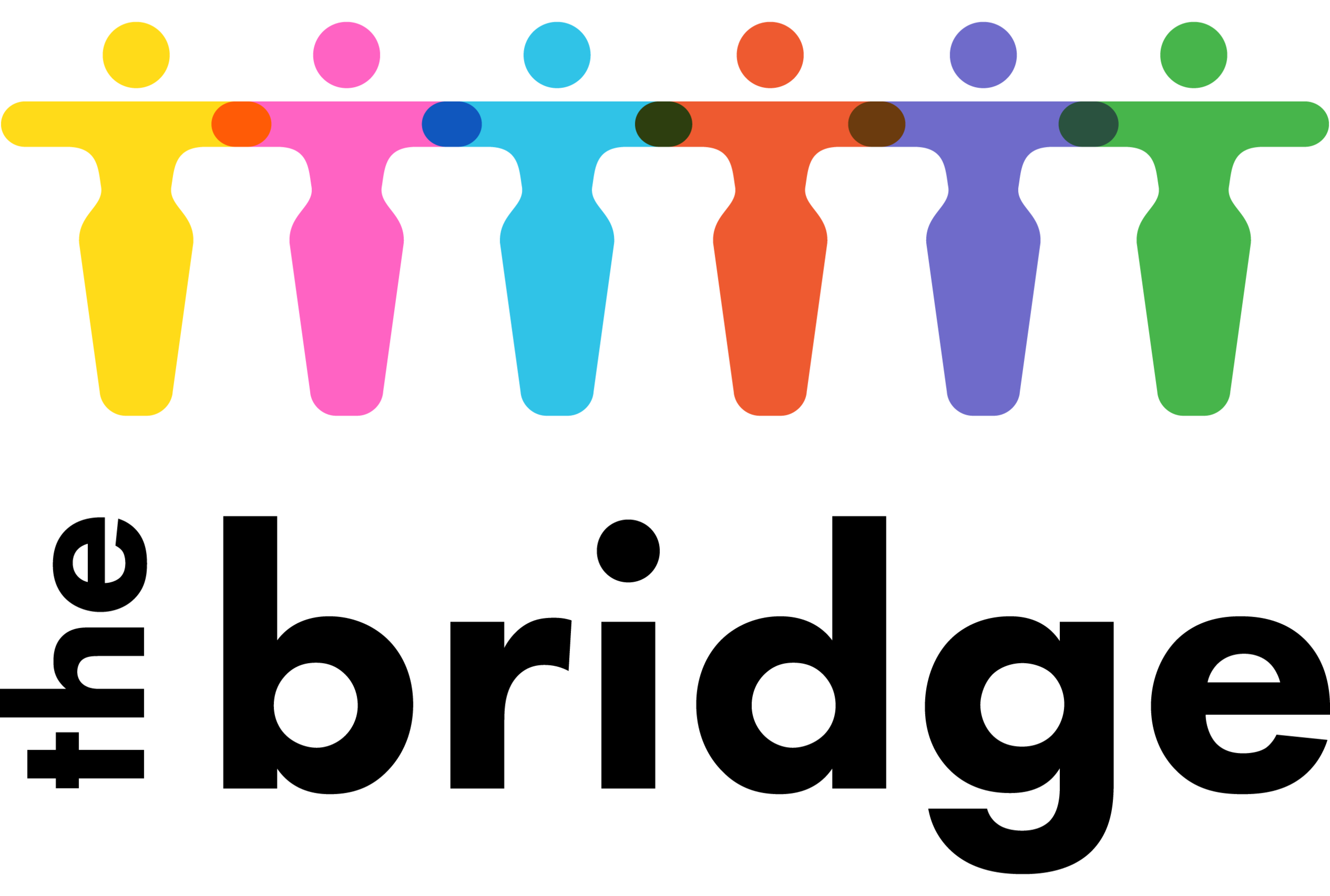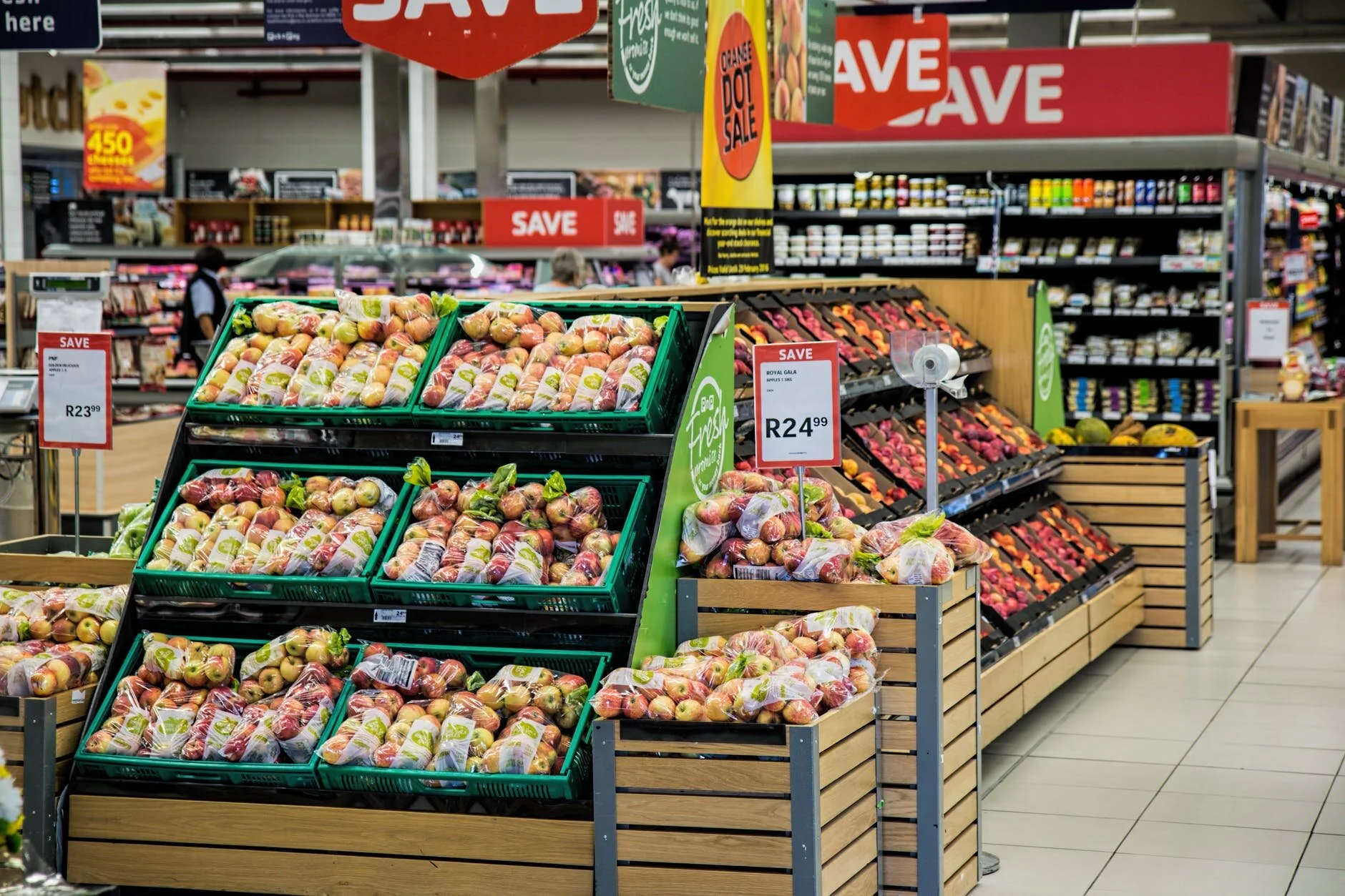health inequalities – who’s responsibility?
by Katrina Rawson-Mackenzie (Programme Coordinator)
We delivered a health literacy talk for one of our projects – the ZEST project – which aims to support women to get physically active, explore mindfulness and talk about topics that are important to their health. The week’s topics was gut health, the microbiome and what foods best support wellbeing.
Like most of our work around preventing lifestyle diseases, we spoke about the consequences of a poor diet on our health and how it is now the leading driver of non-communicable diseases worldwide. We looked at western-style diets, rich in refined carbohydrates and high in ultra-processed foods and saturated fats and discussed nutritious and culturally relevant alternatives.
We didn’t foresee however, the talk turning into a debate about who’s responsibility it is to look after an individual’s health when you take into account that the greatest influence on our wellbeing and health are factors that are completely beyond individual control. From discussing how the the food industry is incentivised to produce unhealthy foods, to the unaffordability of ‘healthy’ eating, we all left the talk with a slightly more holistic understanding of the underlying causes of health inequality.
As a charity that focuses on behavior change and health inequalities much of our work lies on the assumption that having the knowledge and tools to make healthier choices is one of the routes towards fighting disparities in health. This is not to say however, that we ignore the elephant in the room – the recurring, question of the role of socio-political, economic and environmental factors that make dietary change a complex (and not solely an individual’s) challenge.
Deciding where, as an organisation, we lie on the spectrum of responding to health inequalities, is something we are always talking about. Do we help individuals to make sustainable behavior changes or do we focus our efforts on fighting against the social determinants of health? Is changing people’s behavior and supporting community action part of altering the structures that sustain health inequality?
We can no longer overlook the fact that the unequal distribution of social determinants is what affects people’s opportunities to lead healthy lives. And whilst we continue to search and discuss where we stand as an organisation, the one thing that we are now clear on is that we will always look beyond the tangible interventions we do to acknowledge the wider conditions in which our work has developed.
Perhaps one day our beneficiaries’ voices will help change policy. But for now, their voice has pushed us as an organisation to further acknowledge the role that governments and the private sector have in supporting the production and consumption of unhealthy and unsustainable foods.
Perhaps it is time to ask the question of why does it fall on the public and third sector to cover the long-term health, economic and social costs resulting from the current food system?
We think it is time to ensure that we ALL assume responsibility and contribute towards a food system that is aligned to support healthy and sustainable diets!

